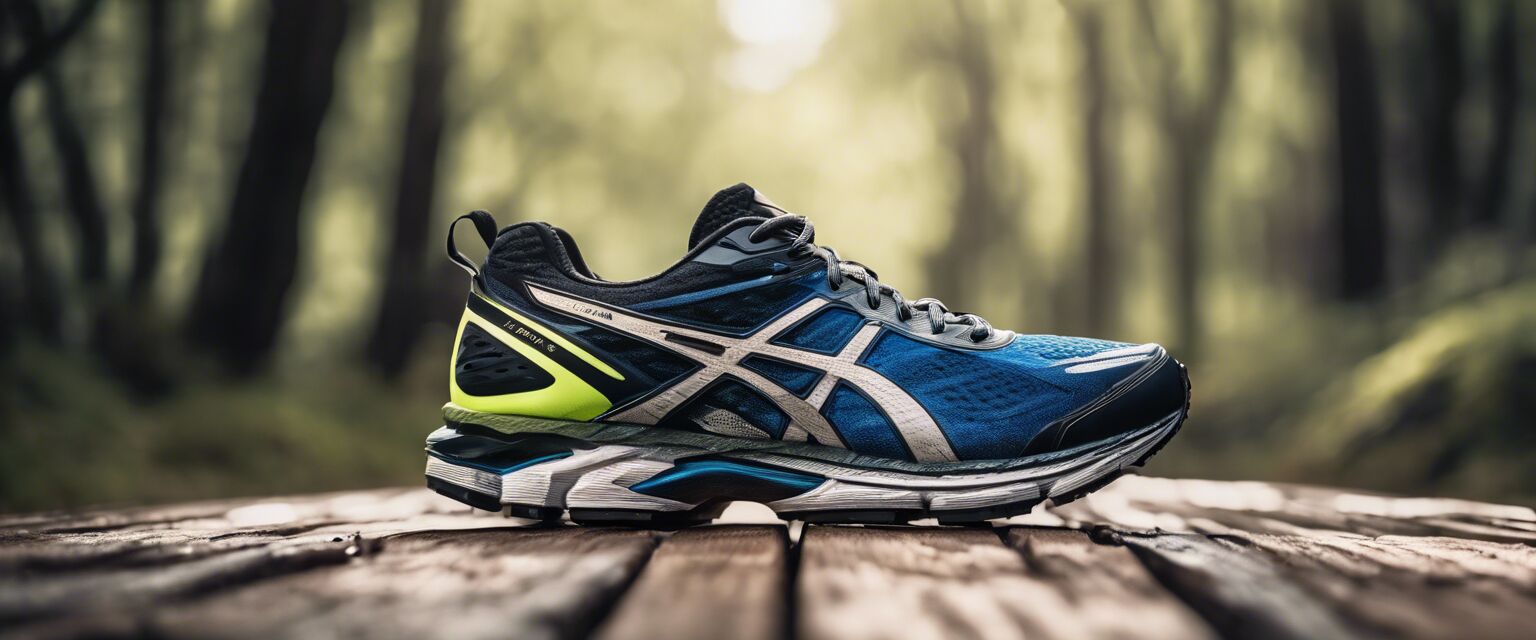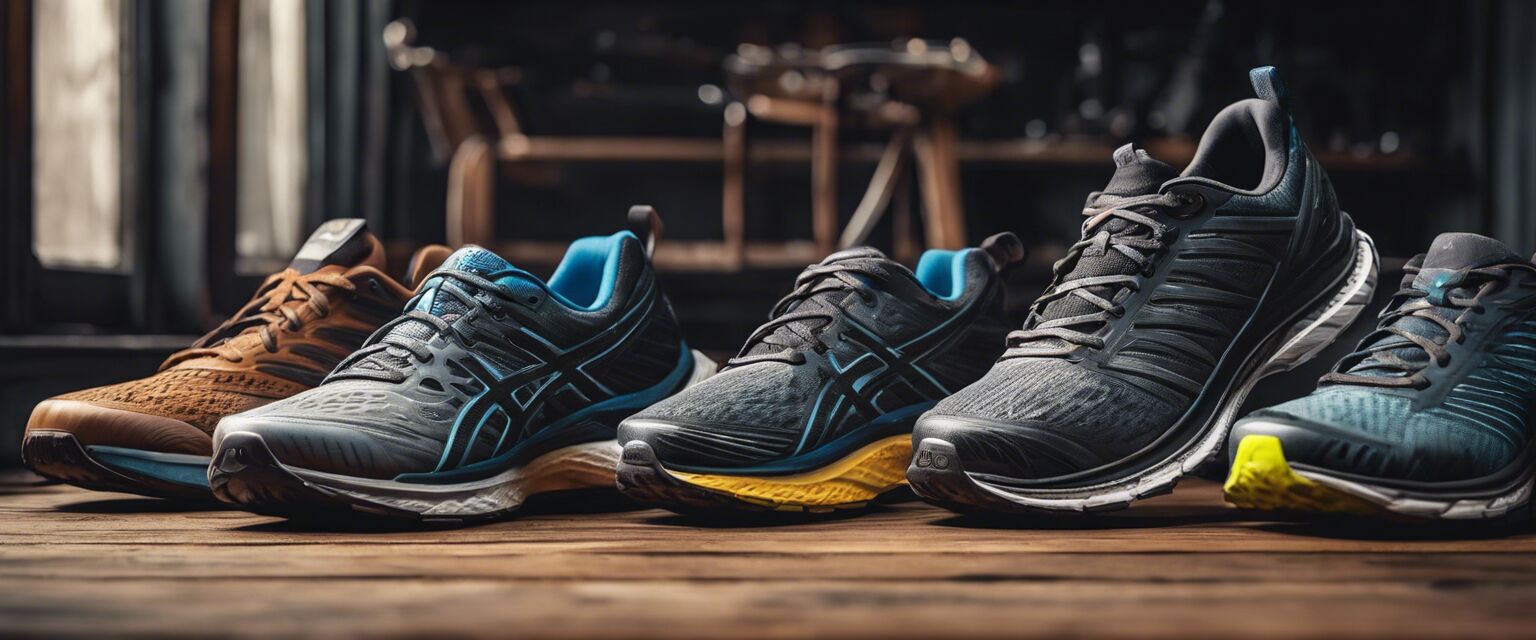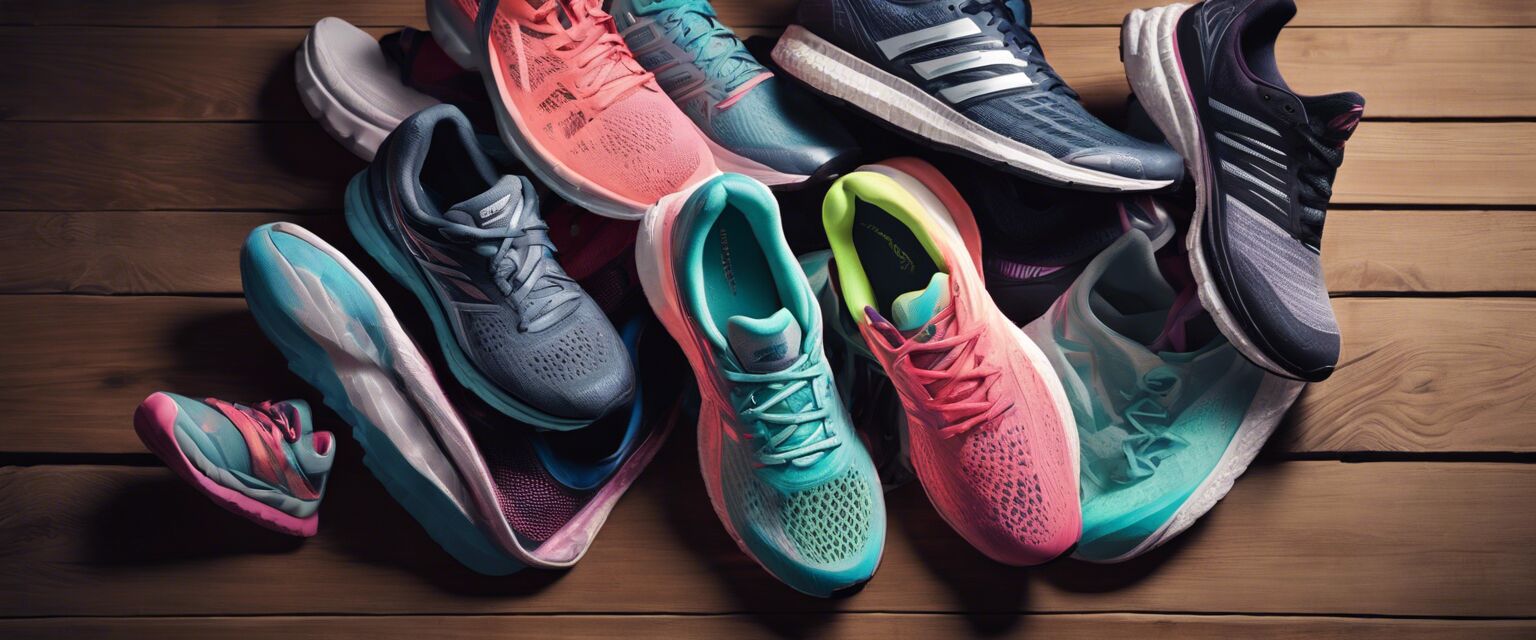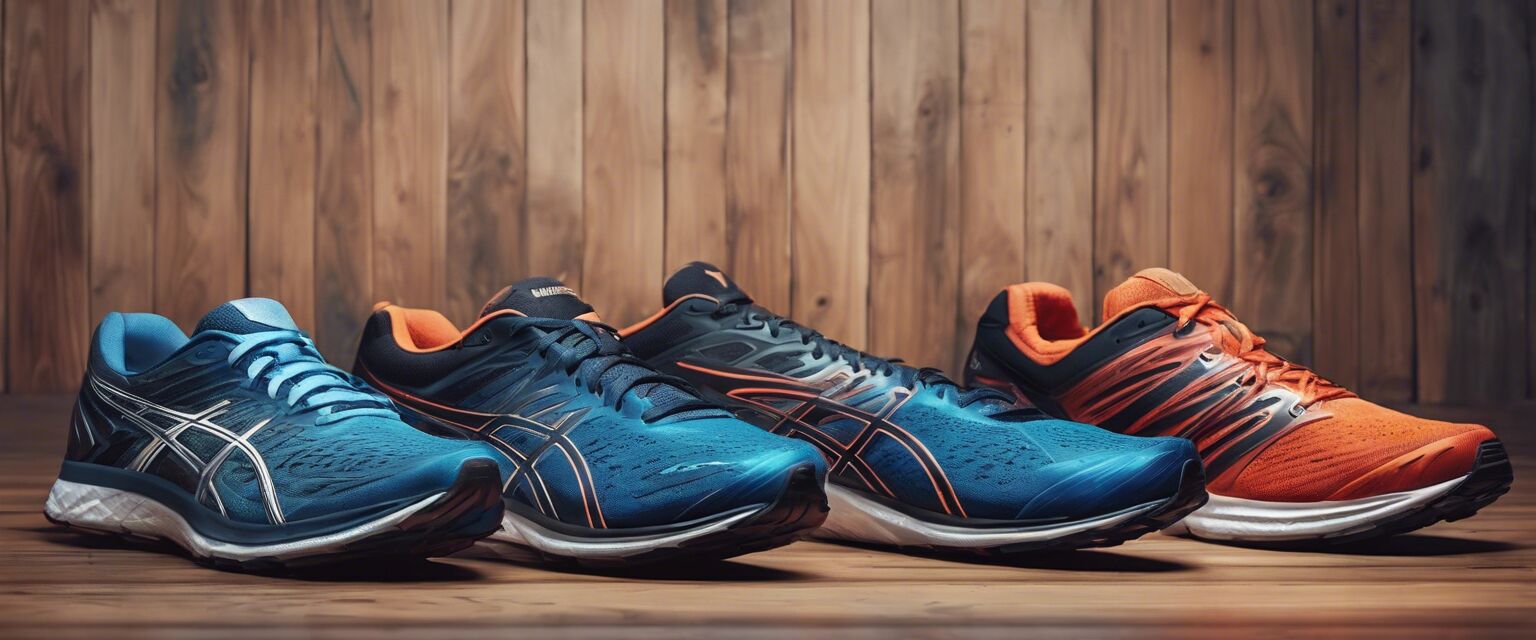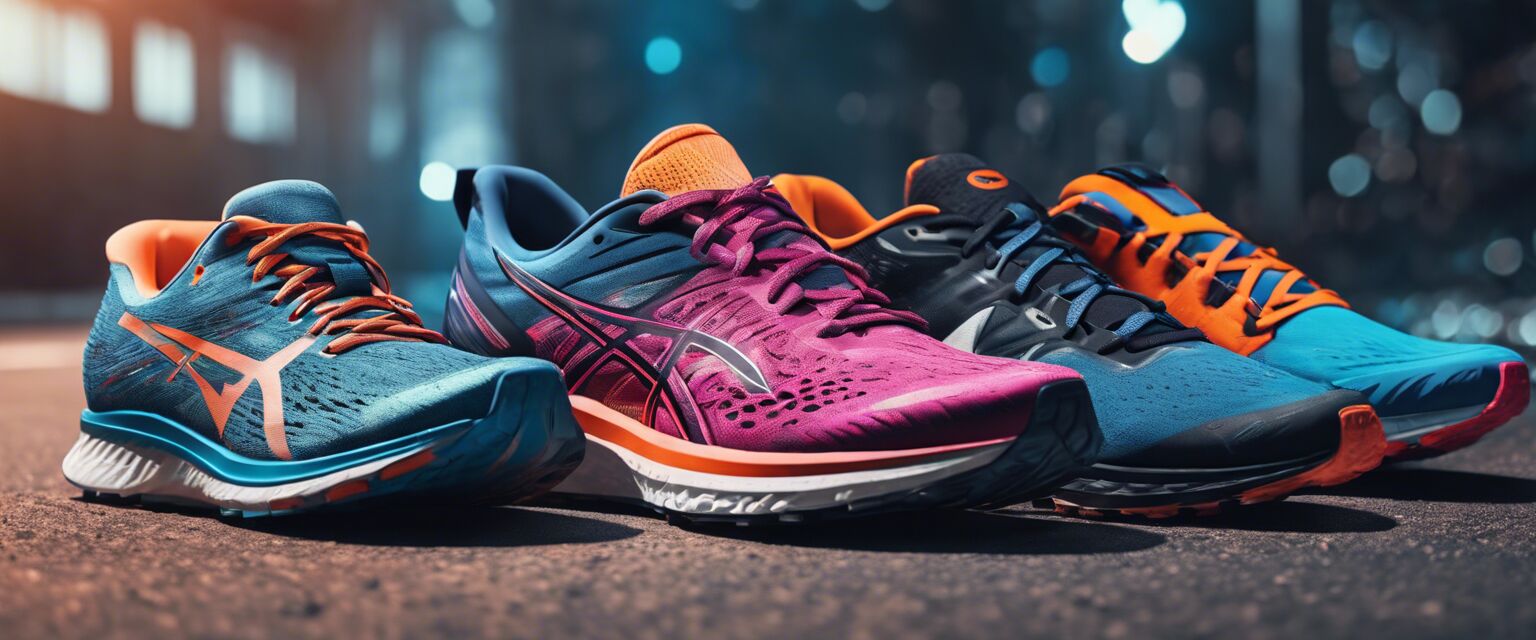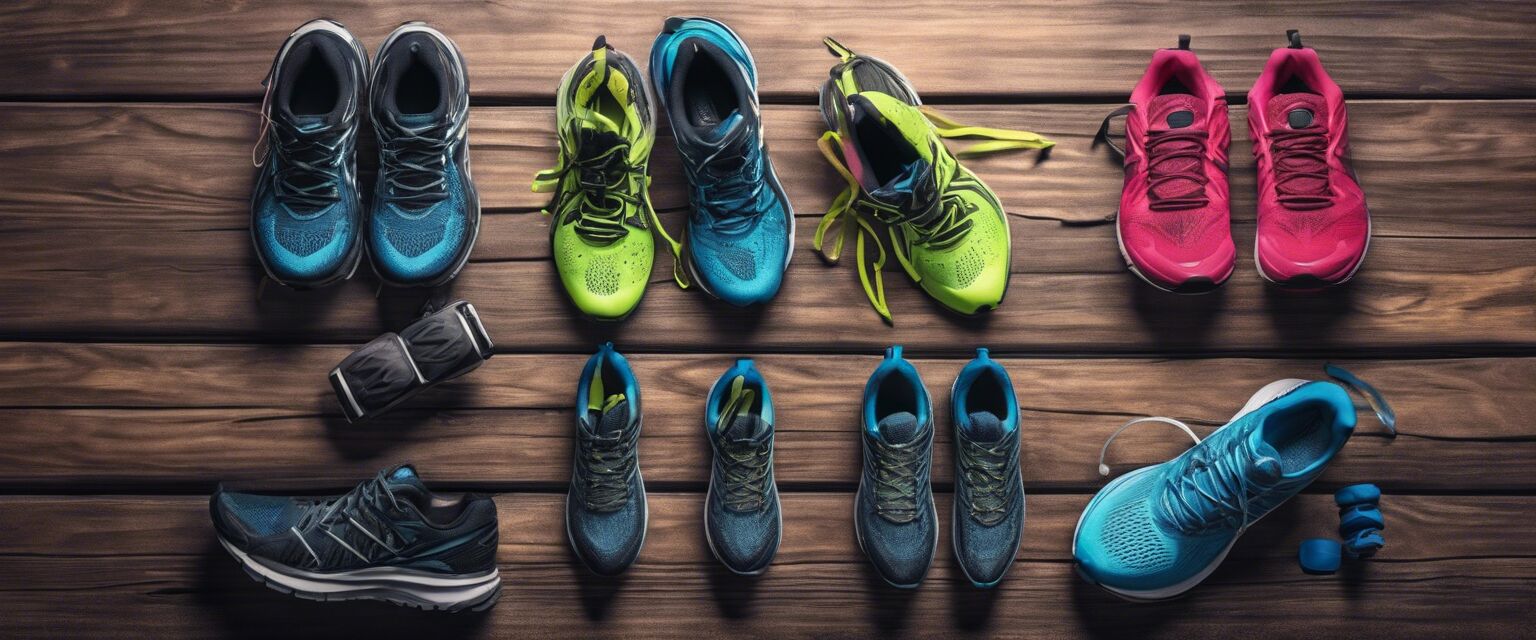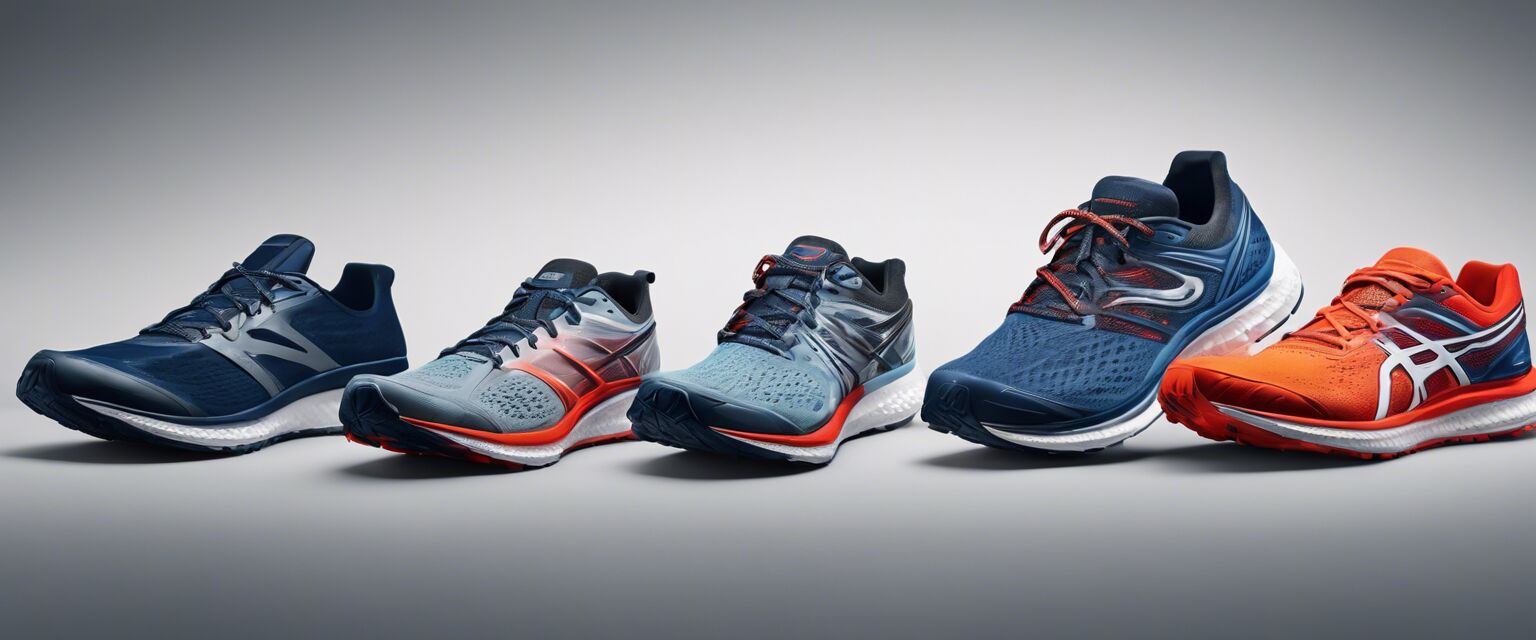
Running Shoes for Flat Feet
Key Takeaways
- Choosing the right running shoes is essential for flat feet to ensure comfort and support.
- Look for shoes with good arch support and cushioning.
- Different types of running shoes are suited for various terrains and running styles.
- Consulting with a professional can help you find the best fit for your needs.
Finding the right running shoes is crucial for individuals with flat feet. Flat feet, or fallen arches, can lead to discomfort during runs if not properly supported. In this guide, we'll explore various running shoe options that are designed specifically for flat feet, ensuring you can run comfortably and efficiently.
Understanding Flat Feet
Flat feet occur when the arches of your feet are lower than normal, leading to a lack of support. This condition can affect your running style and may cause discomfort or pain. Itâs important to choose running shoes that address these issues.
Features to Look for in Running Shoes for Flat Feet
- Arch Support: Shoes with built-in arch support can provide stability.
- Cushioning: Ample cushioning helps absorb shock and reduce impact on your feet.
- Stability: Stability shoes can help control overpronation, which is common in flat-footed runners.
- Flexibility: The shoe should allow for natural foot movement while providing support.
Types of Running Shoes for Flat Feet
There are several categories of running shoes that cater to flat feet:
| Type of Shoe | Best For | Key Features |
|---|---|---|
| Cushioned Running Shoes | Long-distance running | Extra padding, shock absorption |
| Stability Running Shoes | Overpronators | Supportive structure, medial post |
| Minimalist Running Shoes | Natural running style | Lightweight, flexible |
| Trail Running Shoes | Off-road running | Durable, enhanced traction |
Top Recommendations
While we won't recommend specific products, it's important to visit our categories for more insights on cushioned running shoes, stability running shoes, and trail running shoes that may suit your needs.
How to Choose the Right Running Shoes
Choosing the right pair of running shoes involves several steps:
- Get your feet measured to determine your size and width.
- Understand your gait and determine whether you overpronate or have a neutral gait.
- Try on different shoes and walk or jog in them to test comfort and support.
- Look for a return policy in case the shoes donât meet your expectations after a trial run.
Common Mistakes When Choosing Running Shoes
Here are some common pitfalls to avoid:
- Choosing shoes based on style rather than function.
- Ignoring the importance of trying shoes on with the socks you plan to wear.
- Overlooking the wear and tear on your current shoes.
Additional Tips for Runners with Flat Feet
Tips for beginners
- Start slowly to build up your running endurance.
- Incorporate strength training to improve foot and ankle stability.
- Consider using orthotic inserts for additional arch support.
- Stay hydrated and maintain a balanced diet for optimal performance.
Conclusion
Selecting the right running shoes for flat feet can make a significant difference in your comfort and performance. With the right support, you can enjoy your runs and avoid potential injuries. Explore our categories for more information to find the perfect pair for your running style.
Pros
- Improved comfort during runs.
- Reduced risk of injury with proper support.
- Enhanced performance with the right shoe type.
Cons
- Some shoes can be more expensive.
- Finding the right fit may take time.
- Not all brands cater specifically to flat feet.
Resources for Further Reading
For more information on running shoes, check out our articles on lightweight running shoes, minimalist running shoes, and road running shoes.
Frequently Asked Questions
What are the best shoes for flat feet?
The best shoes for flat feet provide adequate arch support, cushioning, and stability. It's recommended to try on various types to see which feels the best for your running style.
Can flat feet run?
Yes, individuals with flat feet can run. Choosing the right footwear is essential to prevent discomfort and injuries.
Do I need special insoles for flat feet?
Insoles can provide additional support and comfort, especially if the shoes do not offer enough arch support.
